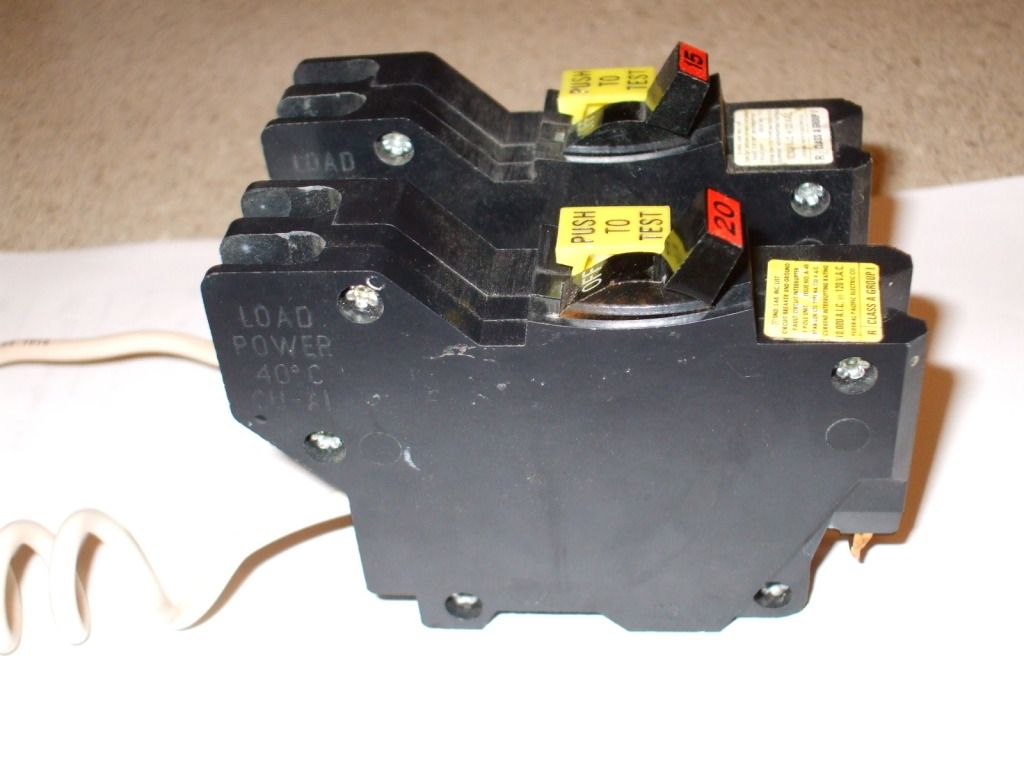Ok hey guys. Im buying a new home. ... What do you guys think about this? These sellers look pretty shady so i wouldnt put it past them to have their electrician pull something stupid like this. Plus the fact that the seller happens to be a building inspector lol. Any help, thanks.
Start with the REAL threat of voiding the purchase. The home is not to code and therefore the contract is materially flawed. If you really want the house then stipulate an addition to the contract to have an independent journeyman or master electrician to fix or verify the condition. You are otherwise entitled to the refund of your earnest money. You'll probably need counsel to pursue this if they show any resistance. If they file to enforce the contract then you definitely need counsel AND your counsel MUST counter-file that the contract is void. If you don't counter-file you're almost guaranteed to lose. The judge will be barred from hearing most of your issues unless you counter-file for them to be heard. A dime-store lawyer will try to convince you to save money by not counter-filing, then lose the case, then collect his fee.
If they sign up for the independent electrician then you probably know what to tell him.

